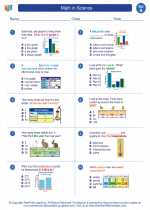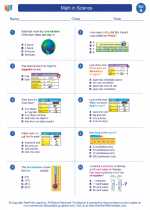Volcanism
Volcanism refers to the process of magma and volcanic gases rising to the Earth's surface. This results in the formation of volcanoes, volcanic rocks, and other geological features. Volcanism is a key process in the Earth's geology and plays a significant role in shaping the planet's surface.
Types of Volcanoes
There are several types of volcanoes, including:
- Shield volcanoes: These have broad, gently sloping sides and are formed by the flow of low-viscosity lava.
- Composite volcanoes: Also known as stratovolcanoes, these are tall, steep-sided volcanoes built up by explosive eruptions.
- Cinder cone volcanoes: These are the smallest type of volcano and are formed from the accumulation of tephra (volcanic debris) around the vent.
Volcanic Eruptions
Volcanic eruptions can be explosive or effusive, depending on the viscosity of the magma. Explosive eruptions occur when gas-rich, high-viscosity magma causes pressure to build up, leading to violent explosions. Effusive eruptions, on the other hand, involve the relatively gentle flow of low-viscosity lava.
Effects of Volcanic Eruptions
Volcanic eruptions can have a range of effects on the environment and human settlements, including:
- Formation of new land through the accumulation of lava and volcanic debris.
- Release of volcanic gases, such as sulfur dioxide, which can contribute to air pollution and acid rain.
- Creation of geothermal energy resources.
- Potential for lahars (mudflows) and pyroclastic flows that can pose risks to nearby communities.
Study Guide
Here are some key concepts to understand when studying volcanism:
- Describe the process of volcanism and the formation of different types of volcanoes.
- Explain the factors that influence the explosiveness of volcanic eruptions.
- Discuss the environmental and societal impacts of volcanic activity.
- Compare and contrast the characteristics of shield, composite, and cinder cone volcanoes.
- Identify and describe the various volcanic hazards and their potential consequences.
◂Science Worksheets and Study Guides First Grade. Math in Science

 Worksheet/Answer key
Worksheet/Answer key
 Worksheet/Answer key
Worksheet/Answer key
 Worksheet/Answer key
Worksheet/Answer key
